We fight for our clients during civil matters and disputes.
Landlord-Tenant Disputes
Tenant Law: We represent tenants in cases of wrongful eviction, security deposit violations, and housing discrimination matters.
Landlord Law: Our team also represents landlords in counseling matters relating to tenants not paying rent, eviction, security deposits, and rental contract drafting.
The Civil Lawsuit Process
While each civil suit is unique, they all follow the same general process, taking place in three stages: discovery, dispositive motion practice, and trial.
Discovery
Discovery is guided by the New Jersey Rules of Court. Discovery is not required to proceed in any specific order, but it is typically broken down into steps of paper discovery, depositions, experts, hearings and motions, mediation, and arbitration.
Paper discovery includes interrogatories, demands for documents, and admissions. Once the paper discovery is completed, depositions will proceed.
During the deposition process, the opposing party’s team asks questions under oath and with a court reporting.
Cases typically require records relating to medical treatment, and may require expert testimonials, examinations and evaluations, and testing and inspection of evidence. As part of discovery, you may be required to retain certain types of experts relating to liability or damages.
Disputes sometimes arise during discovery, and the court may want to move the case forward by meeting with both parties involved. These disputes may include filing motions requiring action—or inaction—from the other party. In some cases, a conference with the court is required, during which the judge will meet with both parties in an attempt to work through disputes or settle the case.
Certain matters are required to be sent to court-ordered mediation. This is a non-binding tactic used to bring both parties together to amicably resolve the dispute without enduring an expensive and lengthy litigation. In these situations, the mediator is paid by the litigants. You are given one hour of the mediator’s free time before and during mediation. If you so choose, you may opt out of working with the court-appointed mediator and choose your own mediator.
The mediation process must be completed during the discovery period, unless you request otherwise by filing a motion. During mediation, you have the power to settle, but are not required to do so. A mediator does not assess liability or place value on a case, but is retained to facilitate a mutually agreeable settlement.
Matters like personal injury and contract disputes are referred to court-ordered arbitration. This is a binding tactic used by the courts in which the involved parties submit arguments and evidence to support their claim or defense. During this process, an arbitrator decides if there is liability and how much money the plaintiff should receive. The matter is only binding insofar as the parties must request a trial (de novo) and set aside the arbitrator’s order. If one or both of the parties file a de novo request, the matter is then set for trial.
Appeals
An appeal can be very complicated, requiring technical and persuasive legal arguments. This process requires a lawyer who can persuade the court through writing as well as verbally argue your claims before the appellate division. An appeals attorney can help you fight against an insufficient ruling by a trial court and defend you against an unnecessary appeal filed by the opposing party. Our experts handle civil appeals for both appellants and appellees.
Settlement Procedures
A settlement is when a dispute is resolved without the use of a judge or jury making a decision of liability. Cases can be settled at any time—before, during, or after trial as well as during an appeal—but this commonly occurs when the parties involved agree through negotiations during pre-litigation. Once a lawsuit is filed, however, settlement will often occur through phone calls between lawyers or during mediation or arbitration.
Lawyer Retainer Agreements
Simply put, a retainer agreement is a legal agreement with your law firm. In New Jersey, there are certain rules that require a lawyer to have their new clients sign this type of agreement, and the lawyer must identify certain material terms within the agreement. These terms must include the scope of representation and the fee to be charged. The retainer should also include notice that the lawyer has advised the client of the right to pay hourly, and that any case settled is subject to a statewide judgment lien search.
We offer our clients three types of retainer agreements: contingency, hourly, and blended rate.
A pure contingency retainer means we are paid by you at the end of the case based on a percentage of the payment from the other party. In New Jersey, for matters involving employment and discrimination, a lawyer can charge a negotiated fee; our fee is typically 40% for an employment law discrimination charge. For all other matters, we charge a fee based on the court rule:
- 33.3% of the first $750,000 recovered
- 30% of the next $750,000 recovered
- 25% of the next $750,000 recovered
- 20% of the next $750,000 recovered
- On all amounts recovered in excess of the above, by application for reasonable fee in accordance with the provisions of paragraph (f) hereof
An hourly retainer is offered to clients for matters including contract, family law, and certain criminal matters, as well as matters in which the firm has been retained to negotiate, counsel, or draft documents. An hourly fee is required for defense matters when our clients are being sued; hourly legal agreements also require our clients to pay costs. We are negotiable regarding the down payment—or retention fee—charged. Our hourly rate clients are charged monthly, unless an alternate payment schedule is agreed upon, such as quarterly.
A blended retainer includes both a contingency and hourly component. In this type of agreement, we charge both our contingency rate and hourly rate; however, both are at lower charges than the typical rates. The blended rate is a great option for clients who do not want to agree to a 40% contingency matter or who want to pay a lower hourly rate with a small contingency percentage.
Client Consultations
To better understand the details of your situation, we offer in-office consultations. Prior to this meeting, you’ll speak with a lawyer, paralegal, or legal secretary so they can gather further information to prepare your lawyer to help you during your time of need. Our team meets with clients on a daily basis and schedule consultations during our office hours, but can accommodate other times if necessary.



